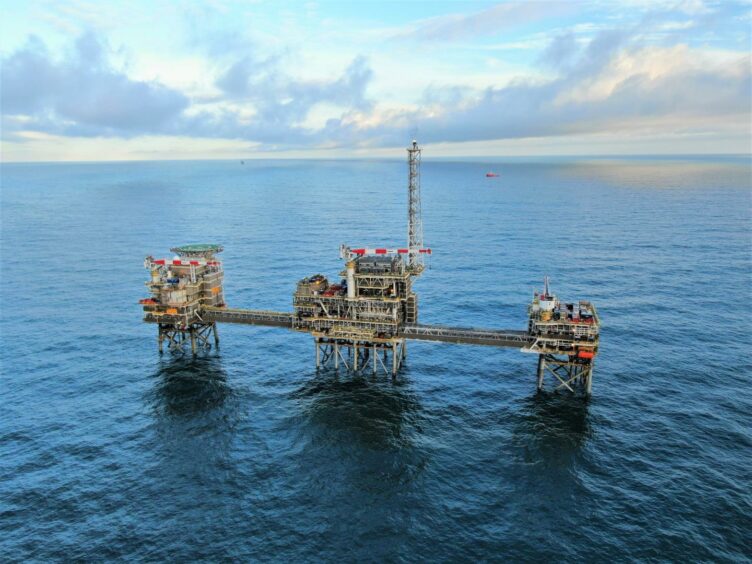
North Sea initial public offerings (IPOs) could be back on the menu with healthy oil and gas prices tipped to continue for much of 2022.
Financial analysts have forecast an “uptick” in North Sea private-equity backed companies looking to go public as investors flock to cash in on high commodity prices.
Alex Msimang, energy transaction and project partner at Vinson & Elkins, says that will also be true for other parts of the energy chain “where revenues have a positive correlation with oil and gas prices”, such as oilfield services.
Just last month Var Energi ownership partners Eni and HitecVision announced plans for an IPO for the Norwegian operator.
And in July, North Sea oil firm Orcadian Energy (LON: ORCA) raised £3 million through its admittance to the AIM market of the London Stock Exchange.
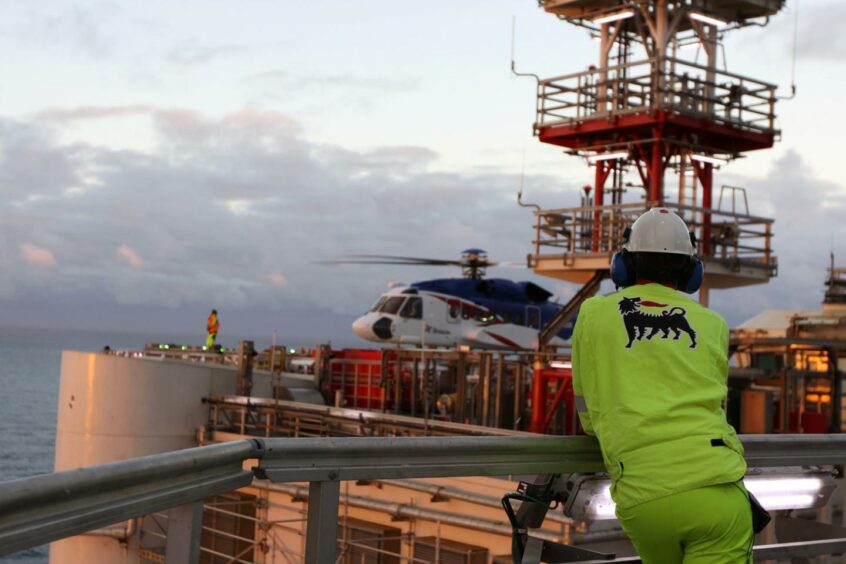
A change in fortunes
In recent years the decline in the valuation of oil and gas companies, in part due to dreary oil and gas prices, has made IPOs largely unfeasible.
There was speculation that it could pave the way for more reverse takeovers, a process – used by Chrysaor in its merger with Premier Oil to create Harbour Energy (LON: HBR) – whereby private companies can go public without an IPO.
But with Brent crude futures threatening to top $100 a barrel and high gas prices routinely making international news, the traditional method of going public is back on the cards.
Mr Msimang said: “In the medium term I do anticipate an uptick in IPOs in the upstream sector. The same should be true in other parts of the energy chain where revenues have a positive correlation with oil and gas prices, for example in the oilfield services space, where higher commodity prices mean stronger demand for new wells and the installation of facilities to boost production.
“That will not necessarily apply in those parts of the energy chain, like the refinery sector, where oil or gas is a feedstock, such that higher prices are increasing input costs and squeezing margins.
“As traditional lenders lose their appetites for oil and gas, companies looking to capture higher commodity prices by spending the money to grow their reserves and their production rates, now need to look for different ways to raise the necessary capital. At the same time, those higher commodity prices are starting to look tempting to potential energy IPO investors.”
Potential candidates
While accurately predicting where the next North Sea IPO will come from is tough, there are a number of eligible candidates.
Ithaca Energy, a subsidiary of Israel’s Delek Group, said last year that it was exploring options for refinancing, including going public.
Similarly there were reports that Neptune Energy, backed by Carlyle Group and CVC Capital Partners, was working with Rothschild to explore a potential IPO.
HitecVision’s Neo Energy, Siccar Point Energy and Spirit Energy, which is 69% held by Centrica, could also look to make the move public in the coming years.
Head of oil and gas research at Investec Nathan Piper says the banking group is forecasting oil and gas prices to be strong throughout 2022.
He said: “The question is will that be enough to see an uptick in investment and exploration. That is unclear at this stage. The other moving part here is private equity companies, and will more of them go public?
“All eyes are going to be on Var Energi in Norway and how Harbour Energy continues to perform on the London Stock Exchange. There are also other candidates, whether it is Neo, Ithaca or Neptune – that will be interesting to watch.”
Gas prices a driver
There is particular scope for those companies for which gas makes up a significant part of their portfolio to take the IPO plunge.
Wholesale UK gas prices have quadrupled in the last year and, as a result, household energy bills will go through the roof from April.
Whether you view it as an investor or a consumer, “the signal from the market is that investment in gas production needs to increase in order to boost gas supply,” Mr Msimang said.
He added: “Putting all of those trends and drivers together, there should be plenty of scope for high quality, gas-focused upstream corporates to come to market and to grow their businesses.”
When to push the button?
But despite the improved commodity outlook, there are other factors at play that mean a surge of companies in the “very near-term” is unlikely.
Mr Msimang says that market volaitility will make it hard for IPO candidate to know “when and if to push the button”.
He said: “Right now the macroeconomic picture is complex for multiple reasons, including spiralling inflation, upwards pressure on interest rates and also less predictability in the dollar exchange rates that are so important for any company generating dollar-denominated oil revenues.
“Similarly the political uncertainty around key energy regions, i.e. Russia with its giant gas reserves, makes the landscape less certain. That all makes it harder for companies to be confident right now in pricing and launching an IPO, or, for that matter, any other capital-raising, financing or M&A transaction.”
Recommended for you


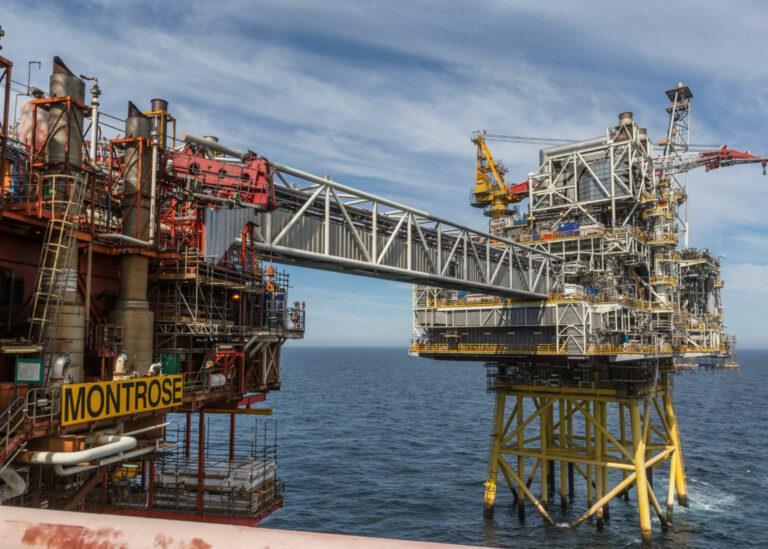 © Supplied by Repsol Sinopec Resou
© Supplied by Repsol Sinopec Resou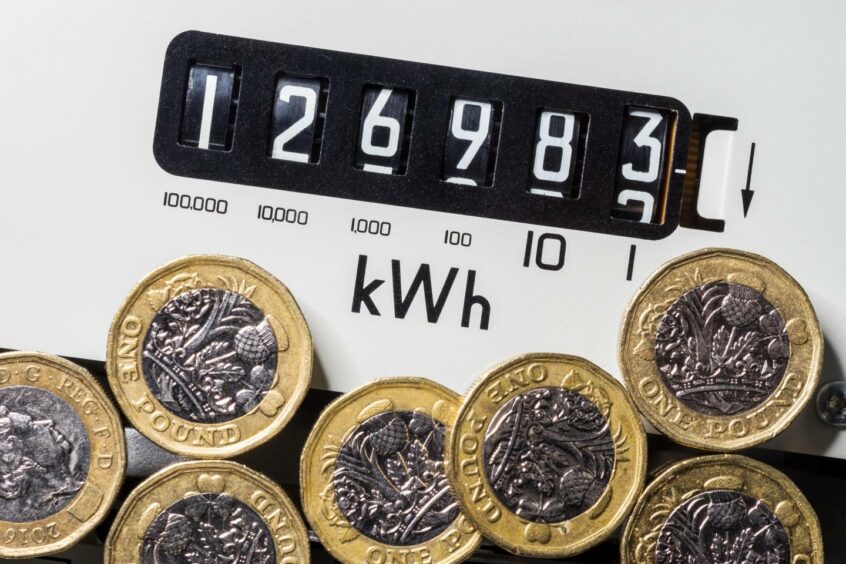 © Shutterstock
© Shutterstock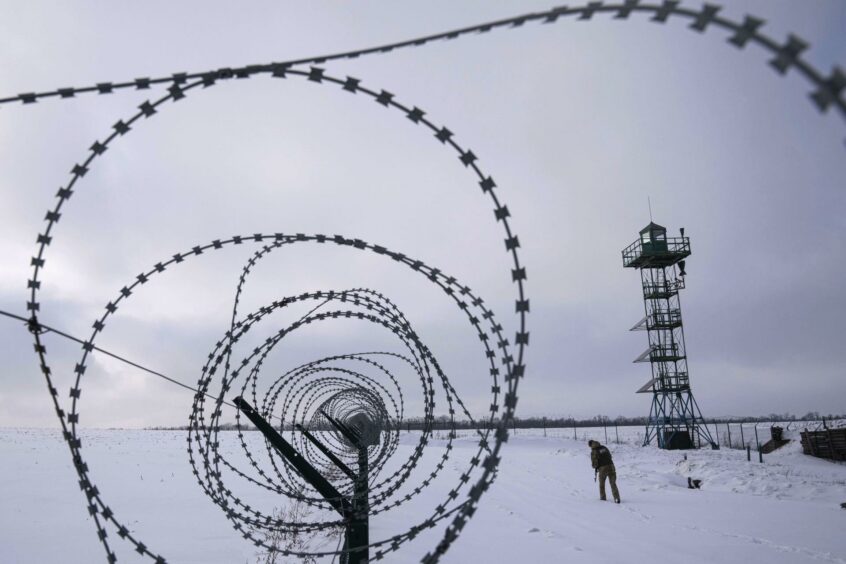 © Supplied by (AP Photo/Evgeniy Ma
© Supplied by (AP Photo/Evgeniy Ma